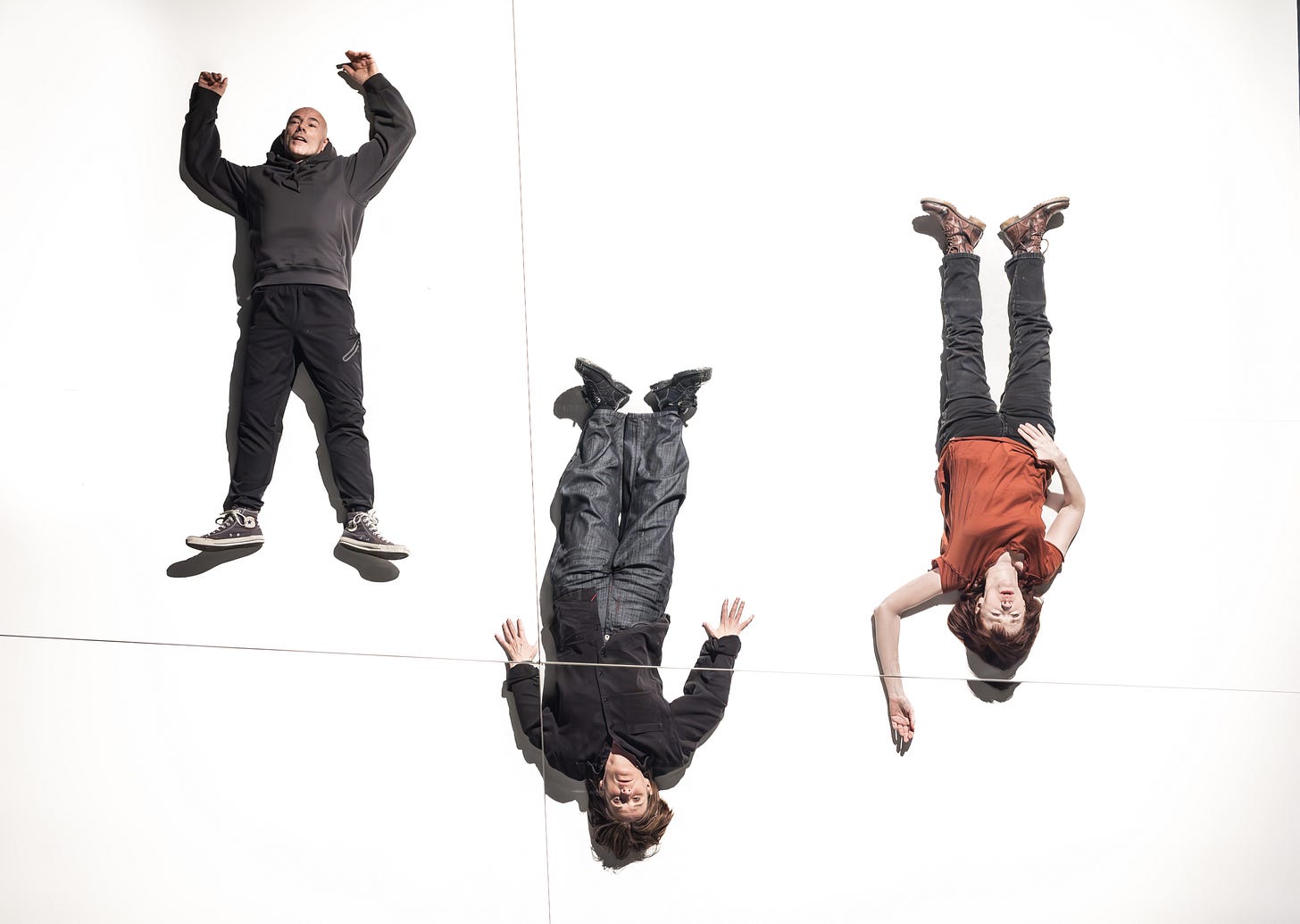
When 4.48 Psychosis was first staged at the Royal Court in 2000, it did so in the shadow of the death of its writer, Sarah Kane.
What I’ve seen
TW: discussion of suicide
I wonder if Kane, who took her own life the previous year at the age of 28, knew all …
Keep reading with a 7-day free trial
Subscribe to The London Culture Edit to keep reading this post and get 7 days of free access to the full post archives.


